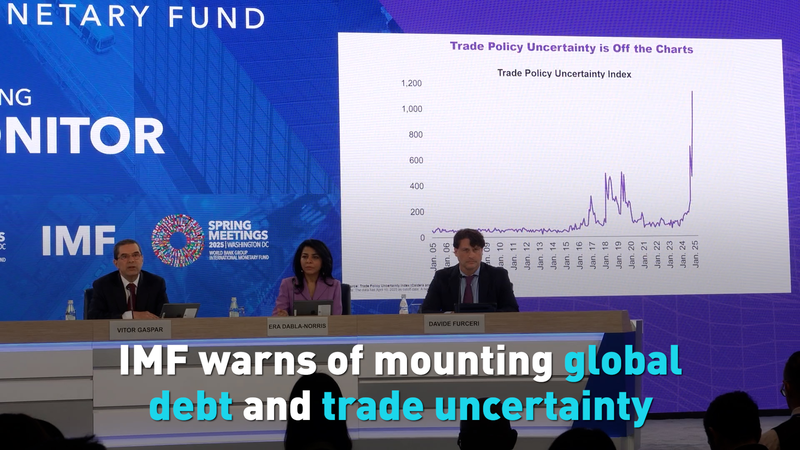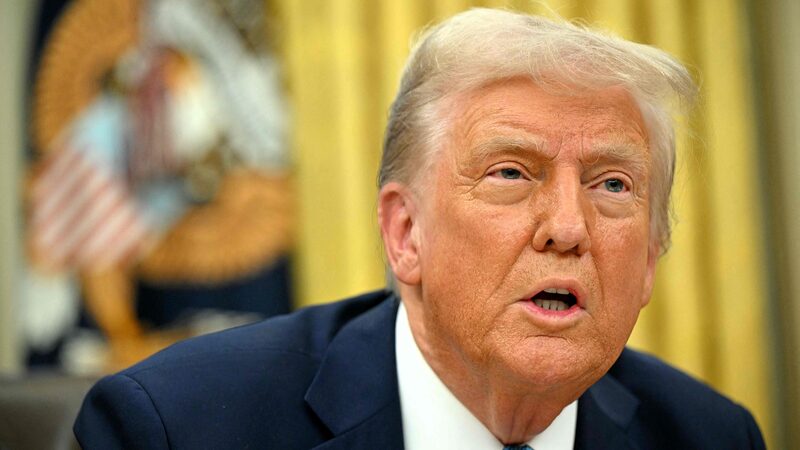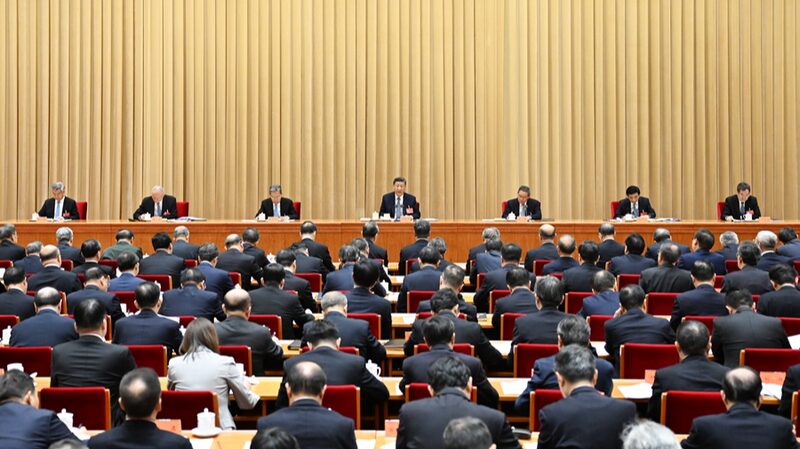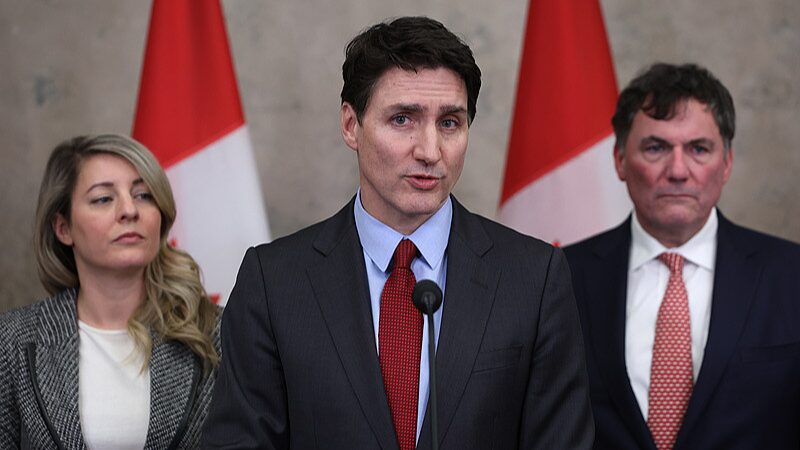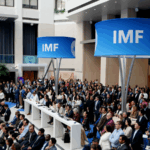The International Monetary Fund (IMF) issued a stark warning this week as global public debt levels approach crisis thresholds, exacerbated by growing uncertainty in trade policies. Rising U.S. tariffs and subsequent international tensions have amplified risks for economies worldwide, the IMF noted, highlighting potential disruptions to supply chains and market stability.
Global public debt surged to 92% of GDP in 2023, escalating fiscal vulnerabilities—especially in emerging Asian economies. The fund urged governments to adopt “targeted fiscal reforms” to curb unsustainable borrowing while maintaining growth-critical investments. Analysts suggest the IMF’s caution reflects heightened anxiety over geopolitical fragmentation and its economic ripple effects.
Trade policy volatility, driven by recent tariff hikes and retaliatory measures, has further clouded growth forecasts. Business leaders and investors are grappling with higher costs and delayed decision-making, particularly in sectors reliant on cross-border supply networks. The IMF emphasized multilateral cooperation as key to resolving disputes and stabilizing markets.
For Asia, the warnings carry added weight. Regional economies remain tightly interwoven with global trade flows, and prolonged uncertainty could dampen foreign investment and consumer confidence. Academics underscore the need for adaptable policy frameworks to navigate shifting trade dynamics.
While the IMF stopped short of predicting an imminent crisis, its report serves as a wake-up call for governments and businesses to prioritize resilience in an increasingly fragmented economic landscape.
Reference(s):
cgtn.com
